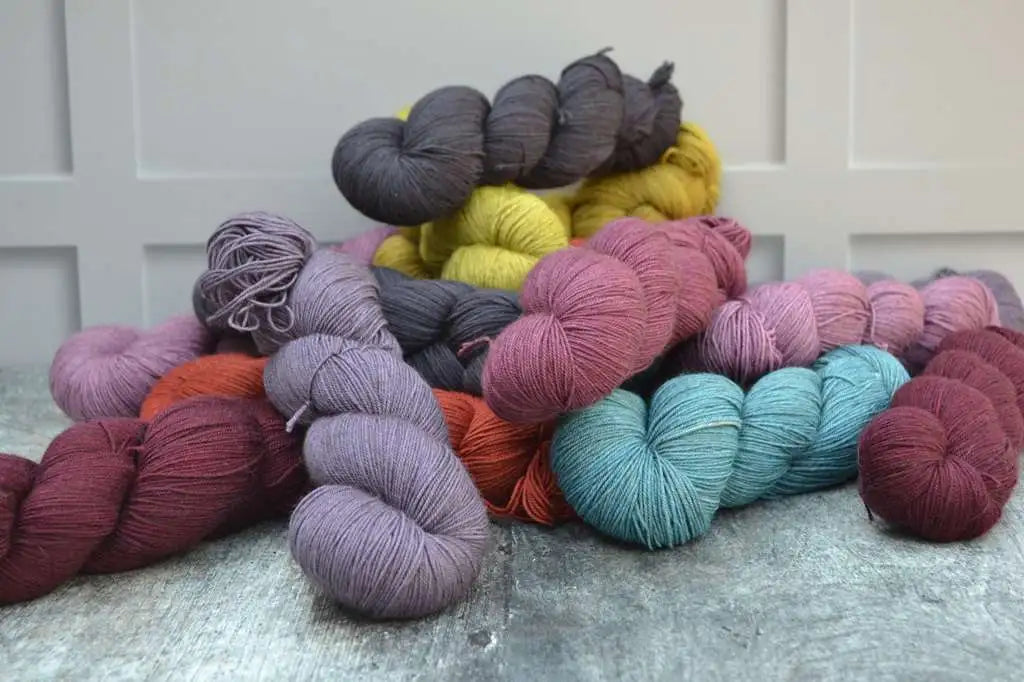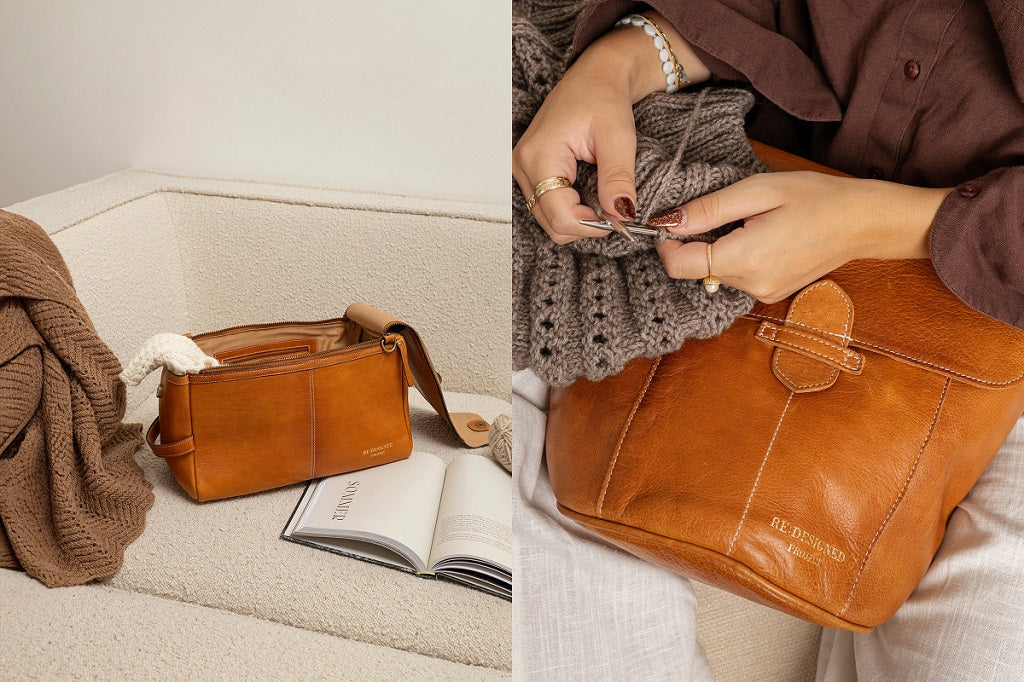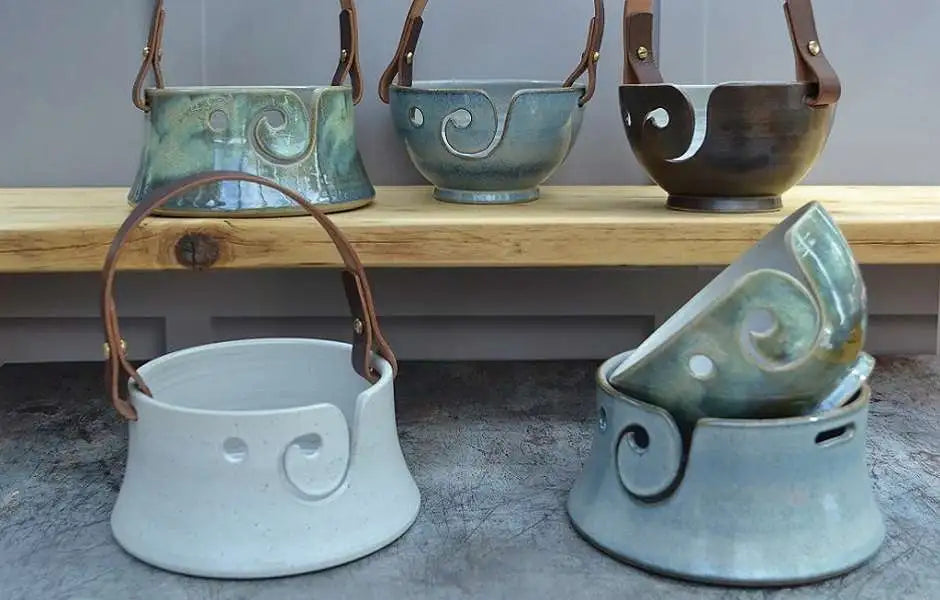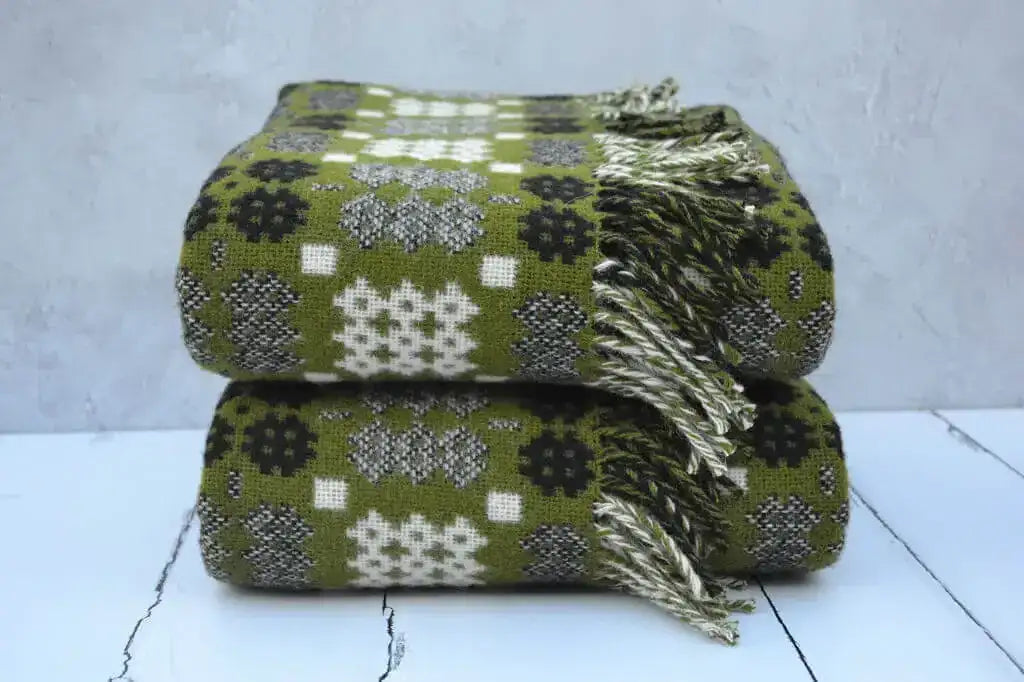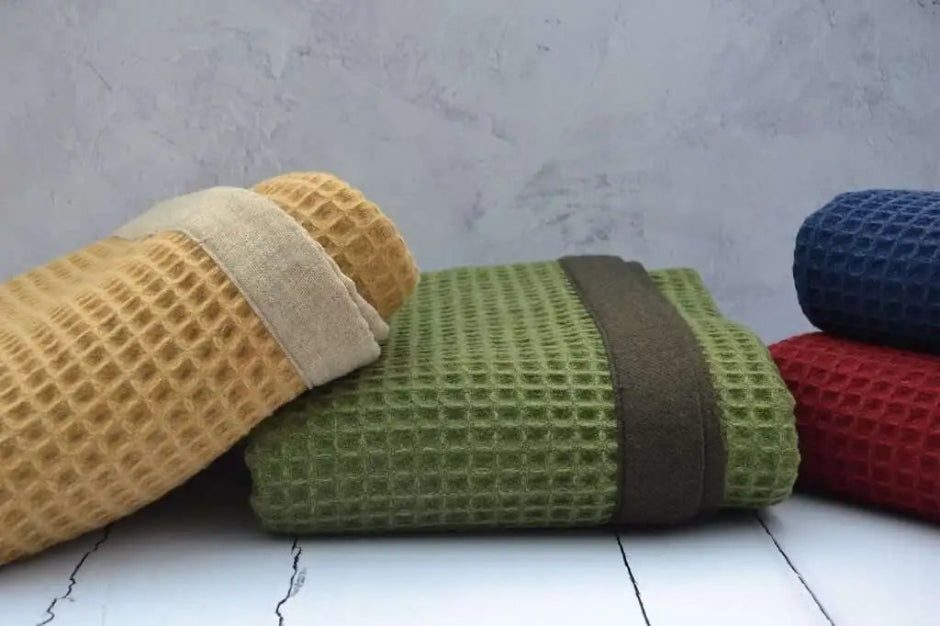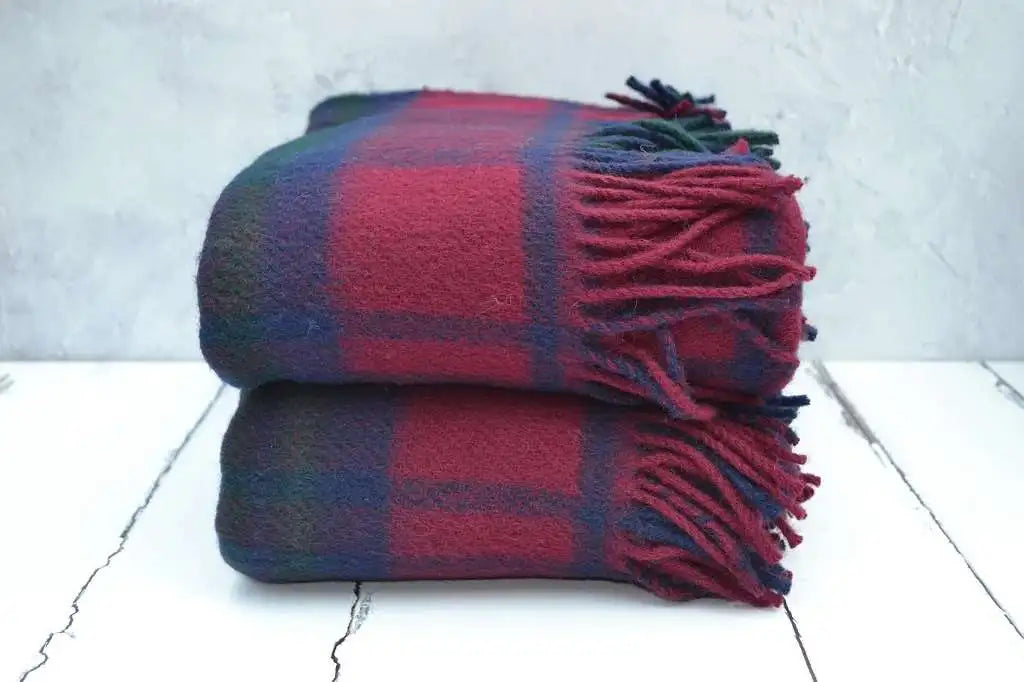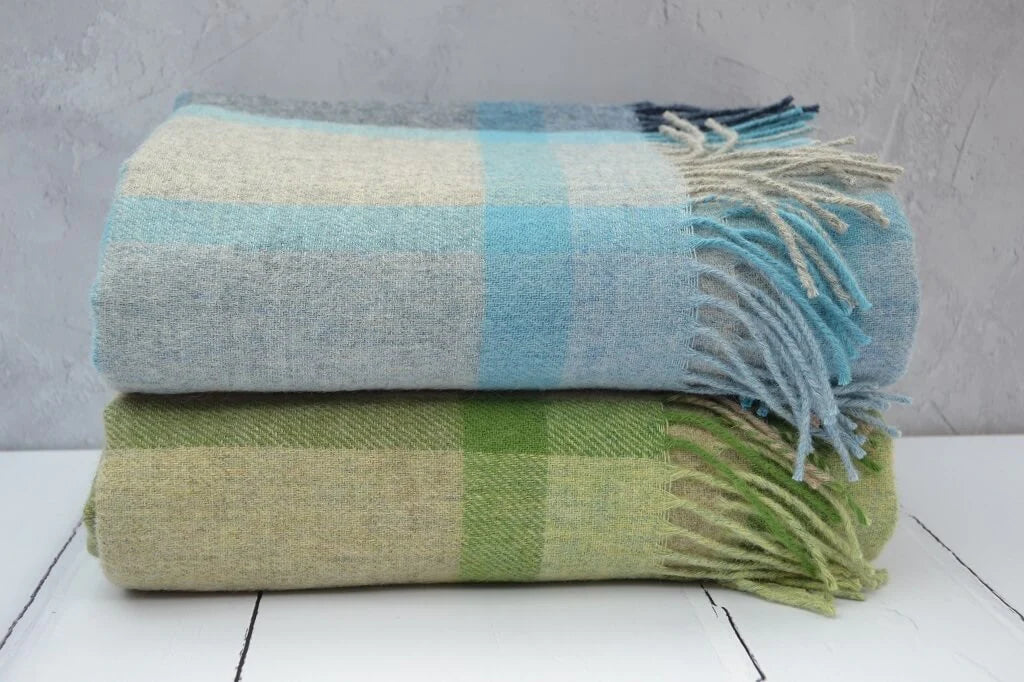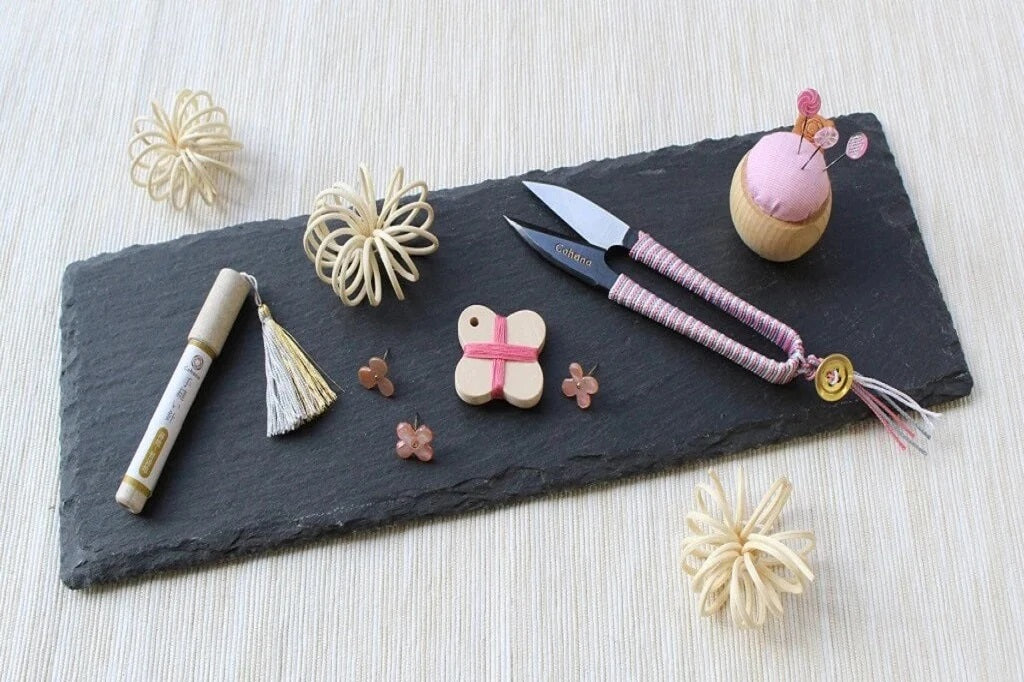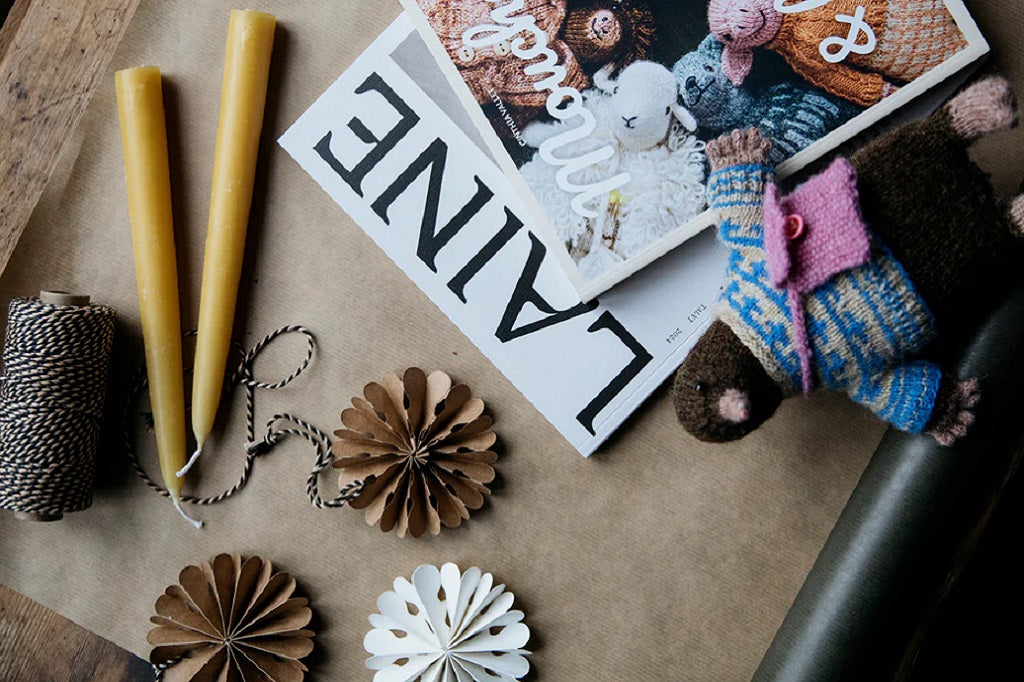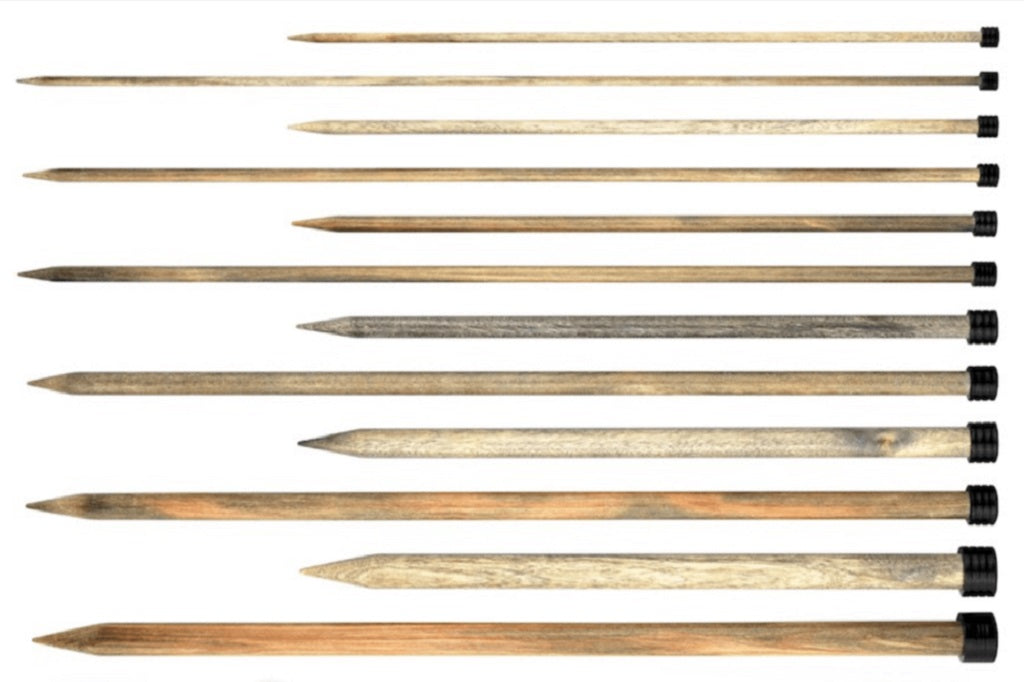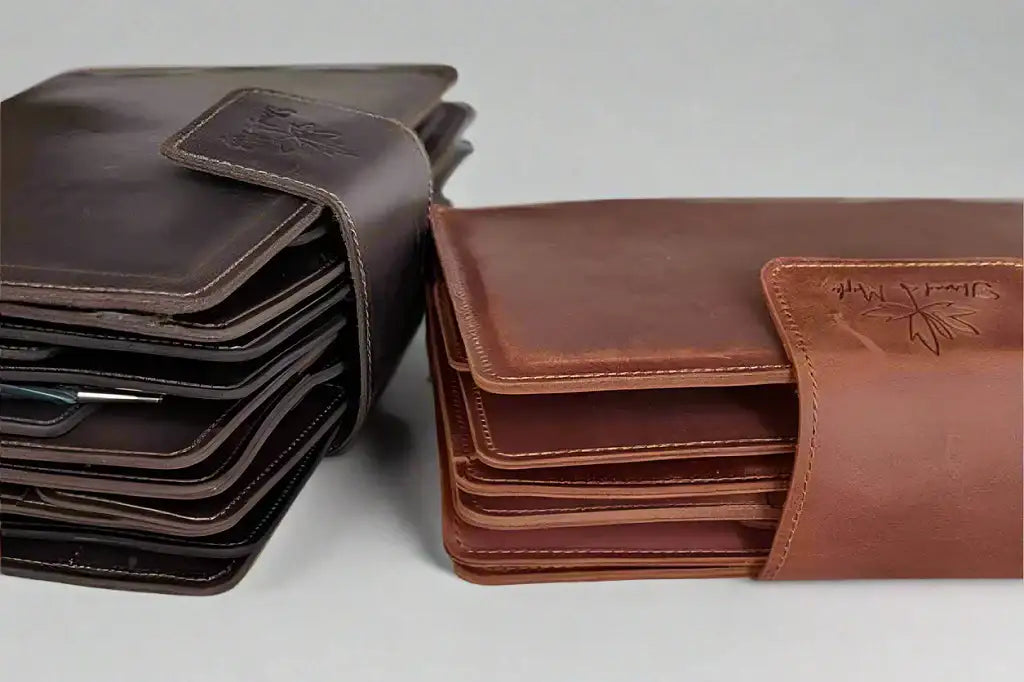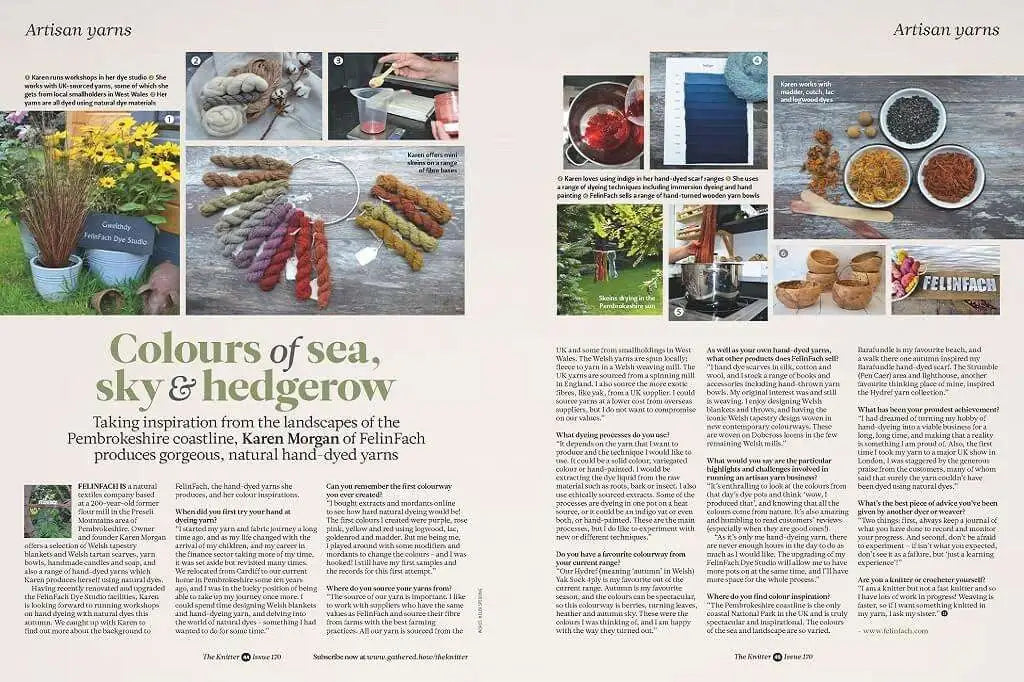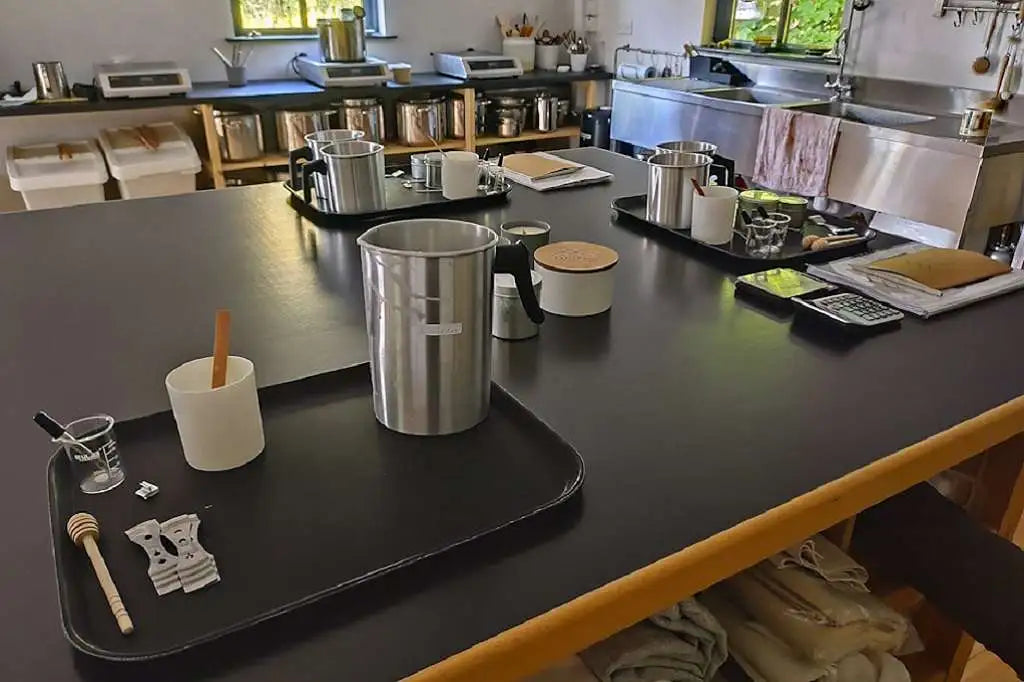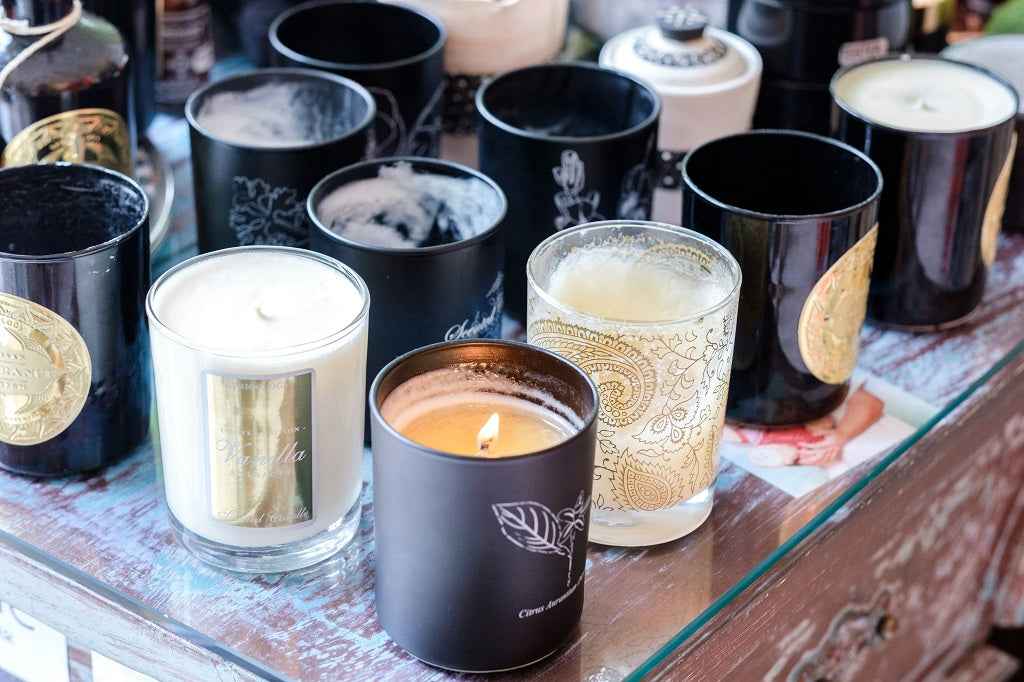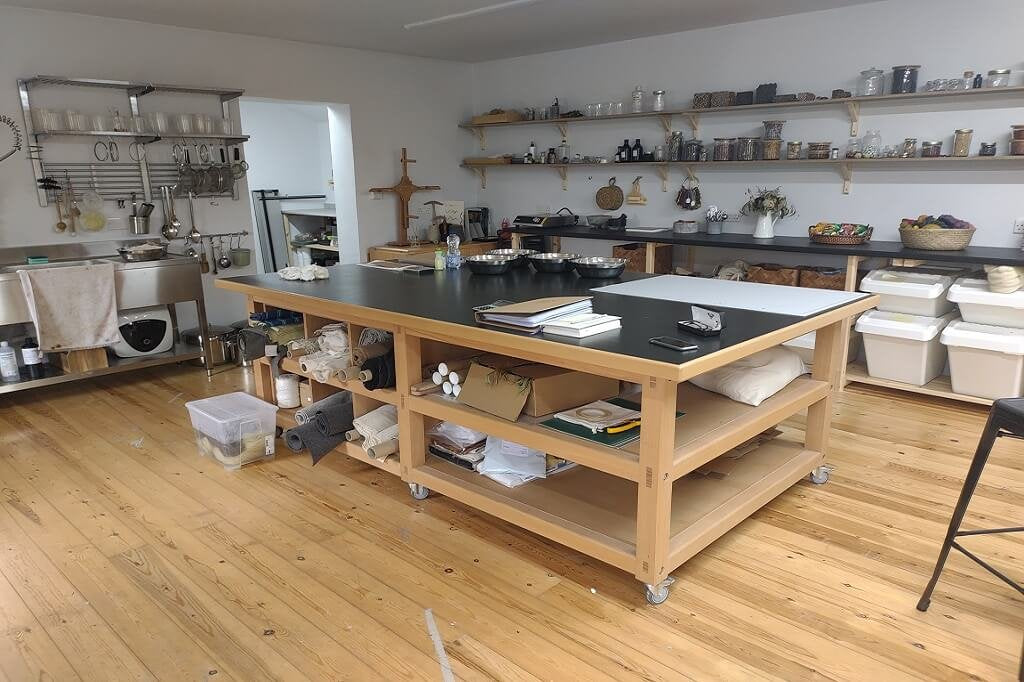Welsh Christmas
Welsh Christmas Traditions
Throughout the world, Christmas and New Year celebrations are a favourite time of the year, not least in Wales. It is often asked,
- What is Merry Christmas in Welsh - the answer is "Nadolig Llawen",
- What is Happy New Year" in Welsh - the answer is "Blwyddyn Newydd Dda",
- What is Father Christmas in Welsh, and the answer is "Sion Corn".

There are many Welsh traditions at Christmas and the New Year, including:
- Plygain – Christmas Carols between 3am and 6am
- Noson Gyflaith – Toffee making evening
- Holly Beating
- Mari Lwyd – A Grey Mare brings good luck
- Wassail – Drinking hot mulled cider
- Hunting the Wren
- Calennig – Trick or Treat, Welsh style
- Cwm Gwaun (near Fishguard) New Year celebrations on 13th January each year!
Welsh Christmas Traditions - Plygain
Plygain in rural North and Mid Wales dates back to the Catholic period, when early morning Plygain services were held on Christmas day. It is one of the oldest Welsh Christmas traditions and the earliest recording of a Plygain service is from the 13th century. Services would stop at first light when everyone would then go home and celebrate Christmas. After the service, a day of feasting and drinking would begin.
This unique form of unaccompanied carol-singing, a Welsh Christmas song, characterised by close harmony and originally sung by small groups of men, is still very much a living tradition, and has indeed seen somewhat of a revival amongst the younger generation. New singers and parties have emerged, and new services have been established in various parts of the country, where the older carols can be heard alongside new original carols composed in the traditional mode.
The Plygain tradition still lives on in many areas of Wales and often plays a role in the Cadw Christmas events calendar at sites such as Tintern Abbey and St David's Bishop’s Palace and also with Welsh Societies in London.
Other Related Pages
Welsh Christmas Traditions - Noson Gyflaith (Toffee Evening)
In order to stay awake until it was time to go to church, one activity that was traditionally practiced was toffee making, a Noson Gyflaith meaning a Toffee Evening. A Noson Gyflaith was often part of the Plygain services and involved an evening of toffee making. Rural farms and other homes would invite friends and family round and the evening would consist of games, storytelling and of course, toffee making. Some places in Wales still have this tradition and in some historic venues around the country tourists are able to make their own toffee and join in on this sweet tradition.
Welsh Christmas Traditions - Gwyl San Steffan (St. Stephens Day; Boxing Day)
Boxing Day (26th December), St Steffan's Day, was celebrated in a unique way in Wales and included the tradition of “holly-beating” or “holming.” Bizarrely, young men and boys would gather holly branches and the beat the arms of young females with those prickly branches until they bled. In some areas it was the legs that were beaten. In others, it was the custom for the last person to get out of bed in the morning to be beaten with holly branches. This strange and cruel custom died out before the end of the 19th century.
Welsh Christmas Traditions - Mari Lwyd - Grey Horse (Mare)
Mari Lwyd means “grey mare” and is a pre-Christian tradition thought to bring good luck in the New Year. The horse figure is made and adorned with ornamental ears and eyes. It would also be further decorated with coloured ribbons, bells and paper. It would then be paraded around the town. The party would challenge different houses to a battle of wits (known as pwnco).
Welsh Christmas Traditions - Wassail - hot mulled Cider
This is a tradition that was a fundamental part of all Christmas festivities. As mulled wine is drunk today, drinking from the wassail bowl would have been part of any Welsh Christmas.
Wassail is a hot mulled cider that is typically drunk around Christmas and was originally intended to toast and hope for a good harvest of cider apples the following year. Although the wassail bowl has been a tradition in Wales for many years, its origins derived from the Anglo-Saxon "Waes Hael!", meaning to be or to become healthy.
Welsh Christmas Traditions - Wren Day
In 19th century Wales, groups of men would go out ‘Hunting the Wren’. Once captured, the tiny bird would be caged in a wooden box and carried door-to-door for all to see. Wren Day, Day of the Wren or Hunt the Wren Day was celebrated in Wales between the 6th and 12th January. While it is no longer celebrated, it is really interesting to discover the old Welsh customs and how “Hunting the Wren” was executed.
The Wren procession involved a group of men, carrying a small wren in a wooden cage door-to-door through the town. People in the houses would then pay to see the wren. These crowds were sometimes called wrenboys.
Why a wren? It could be that a wren was chosen because of its connection with royalty and prestige.
Welsh New Year Traditions
New year Celebrations and Calennig - 13th January
According to old Welsh traditions, the children go from door to door singing and are given ‘Calennig’ in return, sweets or money or both! Calennig is a Welsh word which translates literally as "the first day of the month" but it also means a New Year celebration or a New Year gift. In Cwm Gwaun, Pembrokeshire, this celebration takes place on 13th January each year and not on the 1st. Find out why?
Welsh Christmas and New Year Words and Meanings

| Welsh Words | Meaning |
| Nadolig Llawen | Merry Christmas |
| Nadolig Llawen a Blwyddyn Newydd Dda | Merry Christmas and a Happy New Year |
| Nadolig Llawen i chi gyd | Merry Christmas to you all |
| Blwyddyn Newydd Dda | Happy New Year |
| Plygain | With no obvious translation, Plygain is Welsh traditional Christmas event, traditionally an early morning Christmas service which takes place in a church between three and six o'clock on Christmas morning. |
| Noson Gyflaith | Toffee Evening |
| Cerden Nadolig | Christmas Card |
| Coeden Nadolig | Christmas Tree |
| Cyfarchion y Tymor | Seasonal Greetings |
| Sion Corn | Father Christmas |
| Noswyl Nadolig | Christmas Eve |
| Nadolig | Christmas |
| Dydd Nadolig | Christmas Day |
| Gwyl San Steffan | Boxing Day |
| Nos Galan | New Years Eve |
| Hen Galan | New Year Day |
| Mari Lwyd | Grey Mare Horse |
| Calennig | Celebrating the New Year with presents - Trick or Treat, Welsh style |
| Blwyddyn Newydd Dda | Happy New Year |
| Iechyd Da | Good health or Cheers (with drink in hand!) |
About FelinFach
Located in Pembrokeshire Wales, our ethos is defined in the three words...
NATURAL TRADITIONAL HANDMADE.
- Hand woven iconic Welsh blankets.
- Hand dyed yarn, dyed with natural dyes only - no exceptions!
- Hand poured candles, candle accessories, Candle Making Workshops and soapery.
- Natural Dyeing Craft courses.
- Yarn shop, yarn bowls, project bags, tools and accessories for knitters and crafters.
- Welsh Gifts, made in Wales, handmade in Wales.
We are a proud supporter of Americymru the Campaign for Wool, Global Welsh and Red Dragon America.
Other FelinFach Pages
Last updated 2nd September 2024

